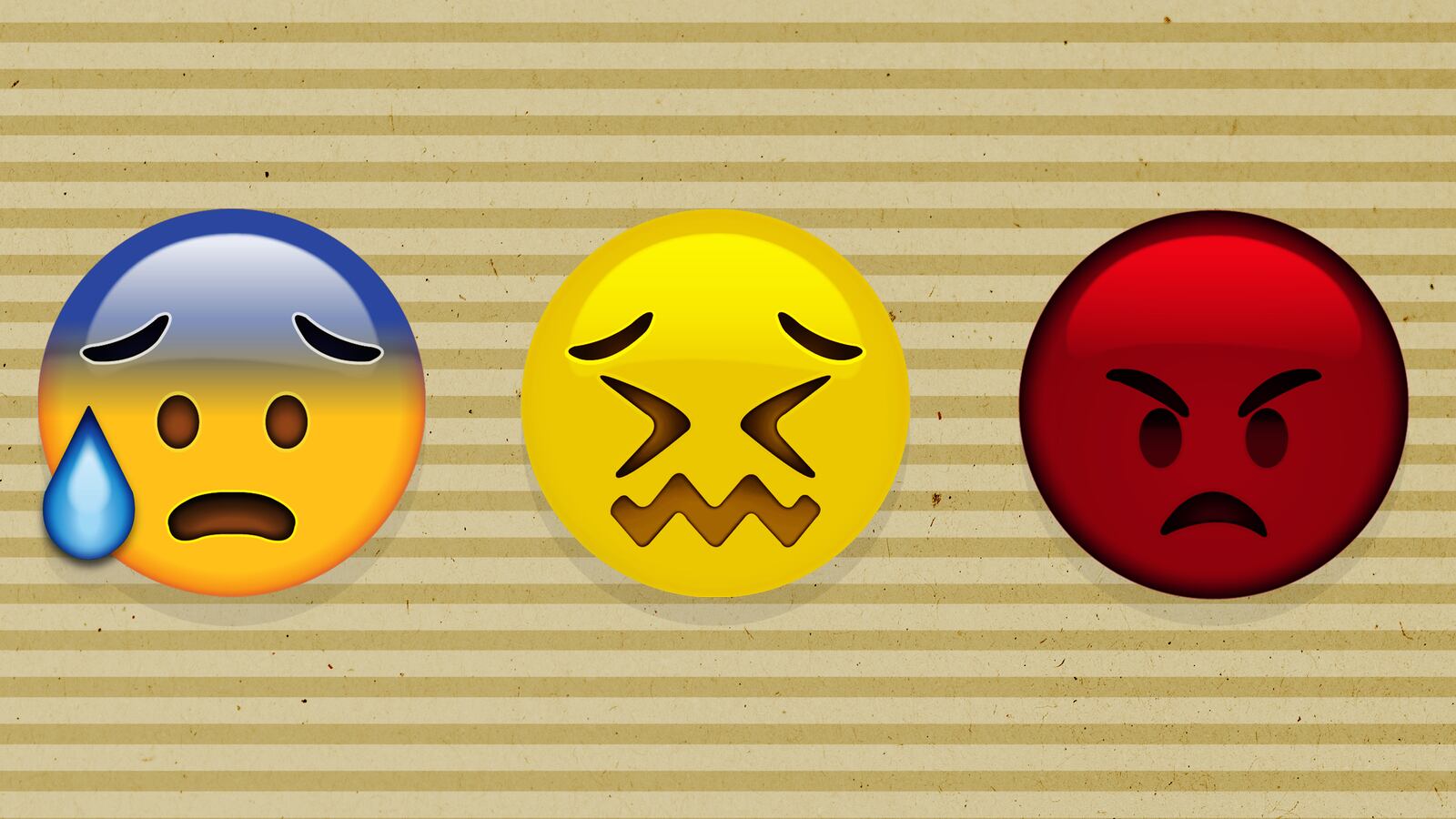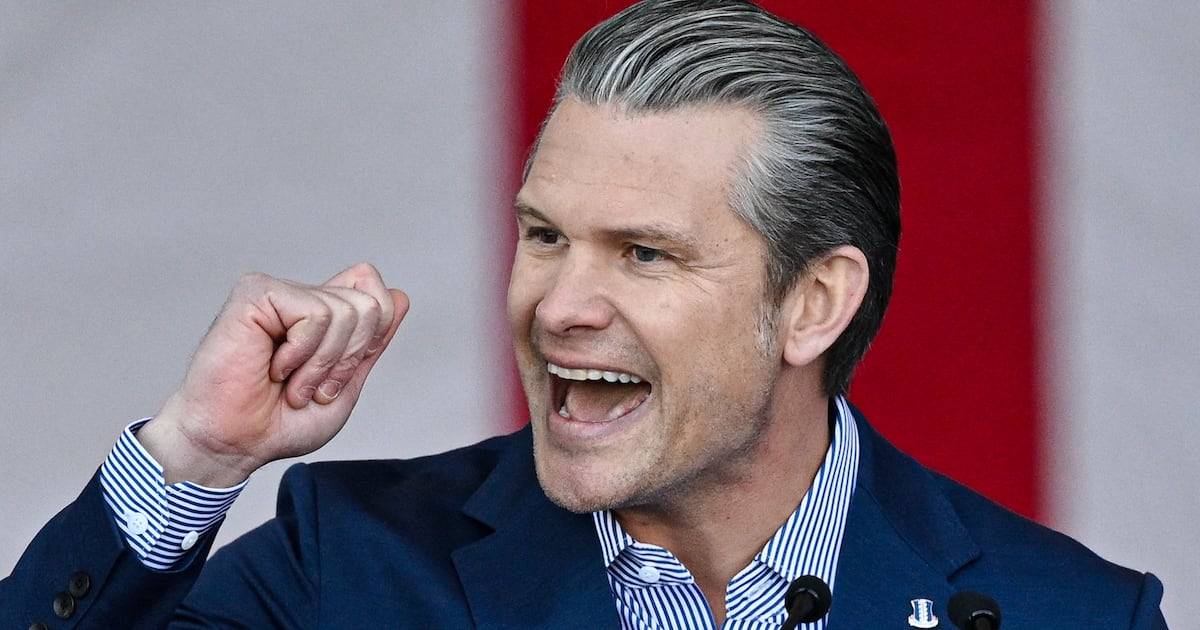There are some things nearly everyone is universally disgusted by.
Rotten pieces of fruit, pus-filled sores from an infection, horrible odors that suggest something foul is nearby—we’re disgusted by these things because we know they are signs of something hazardous to our health.
Then again, some people have no problem eating food that’s dropped on the floor, or taking care of visibly sick patients in a hospital. And then when it comes to sex, disgust is a whole other confusing rabbit hole to tumble down into.
Being disgusted is, like being human, a complicated matter—and it’s only been made more complicated by how vastly different our species behaves today than we ever have.
What hasn’t changed, however, is the fact that humans use this biologically-based behavior—the disgust response—as a pretext for how we also create our moral and legal codes for society.
That’s where we really get into trouble. One person’s disgust is another person’s fetish, maybe yet another person’s indifference. Allowing our individual feelings over disgust to inform our moral sensibilities is precisely what has driven so many conflicts between different groups in history.
It might finally be time to rid ourselves of this fallacious conduct.
That’s the crux of Debra Lieberman’s research. “You find that disgust is used in all manners to relate to all sorts of social actions, sometimes nefariously,” said Lieberman, an evolutionary psychologist at the University of Miami and co-author of Objection: Disgust, Morality, and the Law. “It’s been used, really, to divide and conquer, and exclude and attack people we don’t necessarily like and approve of. It’s not an accident, it’s not random. You see this across all cultures everywhere.”
In her new book, she and her co-author, Carlton Patrick, an assistant professor of legal studies at the University of Central Florida, make one of the first ever attempts to map out how disgust goes from a psychological phenomenon to a part of how we construct our morals, and illustrate how this augurs into modern day laws, ultimately arguing that “disgust belongs nowhere in the law.”
Connecting disgust with discrimination means we have to start from the beginning, and understand how disgust actually works in our heads. “Disgust is really an adaptation for protecting against pathogens,” Lieberman said. “We see that humans get disgusted by blood, guts, and gore—substances that allow for an easier transfer of disease-causing agents,” and invariably lead to biological havoc inside us.
Disgust also regulates our sexual behavior and protects us from bad eggs. “The idea that disgust is also used to steer us clear from sexual partners that might jeopardize our ability to have and raise and nurture offspring — it’s an interesting emotion that life as co-opted for that purpose,” she said. People have different sexual preferences, but on the whole, most people will tell you they’ll be sexually disgusted by people who appear diseased, are close kin, are super-old, or are super-young.
Context matters—sometimes a lot. A single fly sitting on a piece of bread for a few seconds might be completely unacceptable to some people in normal conditions. But if you haven’t eaten all day, even a family of swarming flies might not keep you from scarfing down a sour loaf in mere seconds. None of us should drink our own urine, but if you’re stranded in the desert with no more clean water, you don’t really have any other options.
“Most people are disgusted by incest. But all the time?” Lieberman laughed. More than a few people’s porn searches would make that point crystal clear.
“One’s own condition really influences how flexible you are, not just for food choice, but also for mate choice,” Lieberman added. “It’s all about trade-offs.”
And trade-offs mean we’ve developed ways to override what disgusts us. A disease-avoidance system, like disgust, would keep you away from other people and their bodily fluids. But then you need an entirely other system (i.e. sexual attraction and fetishes) to override that, since sex requires you to be all over that other person and their fluids. Another override might be our desire to be part of social groups and feel valued—something that actually has nothing to do with cleanliness or sex.
Humans are driven to turn evolutionary adaptations into rules for living in social groups, and that includes turning our disgust response into laws. Sometimes this works out well: raw milk is dangerous, so you shouldn’t be allowed to sell it to consumers—no matter how much you love freedom. Other times, however, this leads us down a dangerous path, and we assign values to people by virtue of what they eat, what they are in contact with, and who they choose to have sex with.
Homosexuality is essentially a test case for how this works, and also a brilliant example of how the norms for disgust change as society moves forward. “From an evolutionary perspective, homosexual men are basically saying, ‘We don’t care about women, we don’t want anything to do with women,’ and they’re not really producing any children,” Lieberman said.
From the perspective of heterosexual men, this should theoretically be applauded, since it creates less competition for males to find mating partners, and should also (if we ignore modern day advances in allowing gay couples to have biological children and start families) free up more resources for their own kids.
But instead of seeing politicians praising homosexuality and erecting statues in gratitude, homosexuals have been consistently persecuted, marginalized, and attacked throughout history. “We think it has a lot to do with the idea that men evolved to protect resources,” Lieberman said. “Part of that ‘protection’ has been to identify groups that could potentially jeopardize access to resources. You even see this in chimps. We identify groups to be wary of, and then we attack and destroy them.”
Modern technology has actually helped to blunt and remediate this problem. Television, movies, social media let us know there are gay people living in the most remote parts of the world, just as there might be gay people living right across the street from us.
“The optics are changing,” Lieberman said. “Social psychologists have known for a while that if you keep subjecting someone to same thing, its becomes less objectionable. Numbers really do change the optics of how formidable a group is, and therefore how willing one should be to organize against them.”
Our capacity for flipping our disgust perceptions is actually fast and flexible, and the reason why we’re seeing rapidly changing moral views more recently is because social media and related technologies are transforming the disgust rhetoric around those issues more radically. While homosexuals are still disenfranchised more than heterosexuals, they are also experiencing less persecution these days than at any point in history. Less people perceive gay relationships with disgust, and as a result, the laws are changing.
“I’d argue this is one of the really nice things about social media—in my mind, one of the only benefits of social media,” said Lieberman.
The problem is that there is always another group to go after. “There’s this thirst in a coalitional psychology (mainly in men but also in women) to identify groups to target and resources to secure. Disgust is one of the ways we identify people we don’t value as highly.” If you still need convincing, just think about the words Donald Trump uses when it comes to talking about women, immigrants, the press, foreign peoples, and more.
Cleansing the law of disgust does not mean rewiring millions of years of evolution and changing our species. Disgust will always be a part of our behavior, so long as there’s rotten food abound and unattractive people hitting on us at the bar. But understanding how disgust works might allow us to stop ourselves from using it as a way to unfairly and irrationally attack others. Few people might argue against that.






